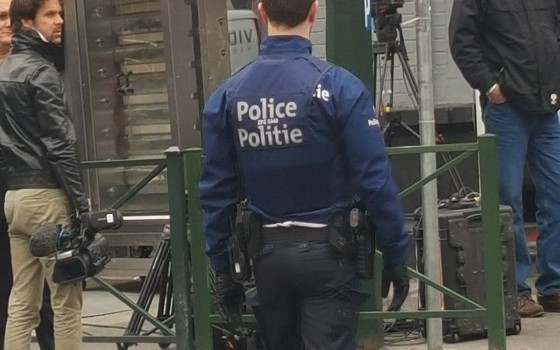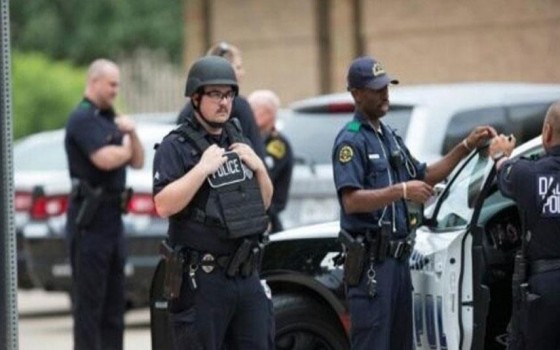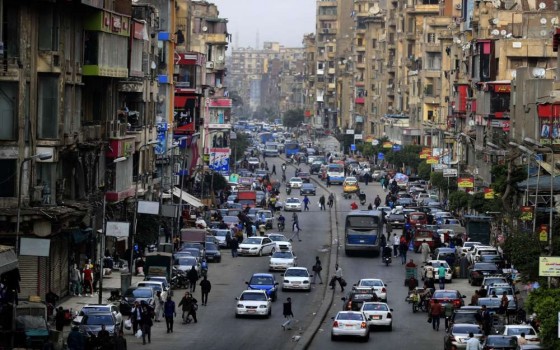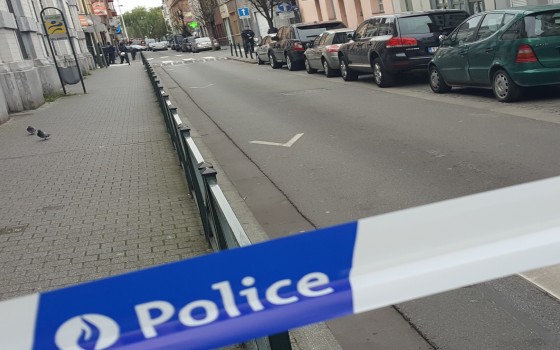On the sidelines of the 58th session of the Human Rights Council: Solidarity with Ukraine is in stark contrast to the failure of many to "prevent, recognize and condemn the genocide in Gaza."

- Europe and Arabs
- Thursday , 6 March 2025 11:8 AM GMT
Geneva - New York: Europe and the Arabs
In a panel discussion on early warning and the prevention of genocide held on the sidelines of the 58th session of the Human Rights Council in Geneva, Nada Al-Nashif, Deputy High Commissioner for Human Rights, said that genocide occurs when humanity loses its moral compass, hatred prevails, and an entire group of people is dehumanized. According to the UN Daily News Bulletin, a copy of which we received,
She said that the UN General Assembly adopted the Convention on the Prevention and Punishment of the Crime of Genocide, seventy-six years ago, as the first human rights convention adopted by the UN body.
But today, according to Ms. Nada Al-Nashif, there are horrific indications of horrific crimes, amounting to genocide, in several regions of the world.
"A meaningless slogan"
Al-Nashif said that we live in dangerous times, where deep divisions and extremist views fuel conflicts and violence, noting that the global standards that protect us all - starting with the UN Charter and the Universal Declaration of Human Rights - are under unprecedented pressure.
She explained that the United Nations was established after the Holocaust to prevent any recurrence of the heinous crime of genocide, “but prevention without action is a meaningless slogan.” She highlighted four concrete actions to prevent genocide and other atrocity crimes.
First and foremost, prevention requires all governments, and all parties to conflict, to fully respect international law. Member States bear the primary responsibility for preventing conflict and building peace.
Secondly, prevention means understanding the root causes and responding quickly to early warnings of the risk of genocide. In this context, Nada Al-Nashif said that hate speech is often a precursor to genocide, making the UN Strategy and Plan of Action on Hate Speech all the more important.
Thirdly, prevention means looking beyond the crimes themselves, and considering the activities that may enable or contribute to those crimes.
Fourth, accountability plays a crucial role in prevention. When allegations of serious violations of international law arise, it is essential that there is due accountability through credible and impartial accountability processes.
Risk factors are present and visible
For her part, Ms. Virginia Gamba, Acting Special Adviser to the Secretary-General on the Prevention of Genocide, said that genocide takes time to plan and implement, noting that “risk factors are present and visible.”
Gamba stressed that early warning and prevention are essential components of preventing genocide, noting that it is our collective responsibility to recognize risk factors and take decisive and timely action.
She called for prioritizing efforts to address the root causes of genocide, including hate speech and systematic discrimination.
She added: “We must promote, protect and respect human rights as a basis for prevention. The United Nations Strategy and Plan of Action on Hate Speech is an essential tool to address and confront this.”
Respecting the principle of the responsibility to protect
Ms. Savita Bawanday, Executive Director of the Global Centre for the Responsibility to Protect, an independent civil society organization, said that the responsibility to protect is not just a principle, but a promise to the world’s most vulnerable people, stressing that this promise must be respected not in words, but in deeds.
She explained that the widespread solidarity with Ukraine showed that when there is sufficient will, governments are able to mobilize a rapid response and support the principle of the responsibility to protect. However, she said that solidarity with Ukraine stands in stark contrast to the failure of many to “prevent, acknowledge and condemn the genocide in Gaza.”
At the same time, she said, many governments, while rightly criticizing Western bias, remain silent about the mounting evidence of “atrocity crimes committed against the Rohingya, the Uyghurs, or the non-Arab communities in Darfur.”
“As we meet here today, Darfur stands on the brink of disaster once again,” she said. “While the establishment of a fact-finding mission was an important first step towards accountability and preventing recurrence, more must be done to translate the findings and analysis into meaningful and timely political action.”














No Comments Found